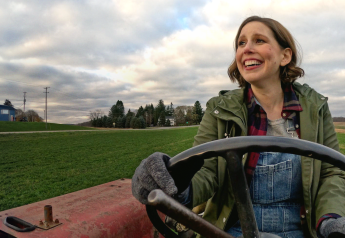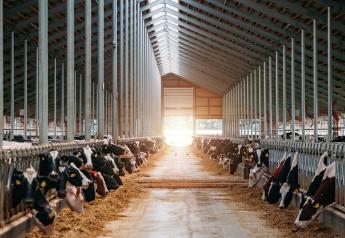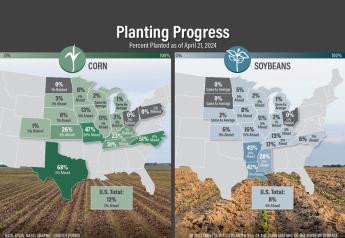4 Options for a Farm Operation Without a Successor

Leaving a legacy is sometimes complicated by the unknown of who’s next in line. Do you find yourself in that situation now or possibly down the road? Adam Kline, an attorney with Bose McKinney & Evans LLP who hails from an Indiana farm, recently shared four options for a farm operation without a successor.
Here’s a summary of the benefits and drawbacks of each option. Learn more by listening to the full 45-min. webinar presentation or jump in based on your interest at the time noted with each option.
1. Auction (6:58)
The auction concept is common in farm country. In the event a farm doesn’t have a successor, an auction can provide a quick transition, usually in a three- to four-month window to allow time for advertising, Kline says. An auction also allows a farmer to avoid high carrying costs for multiple years of equipment ownership.
The obvious drawback to the auction route is the business doesn’t continue. In addition, when property is fully depreciated, an immediate capital gains tax bill follows. While there are typically numerous auction companies to work alongside, they obviously come with a cost, including marketing expenses and commission fees.
2. Estate planning with off-farm heirs (8:35)
This option often involves a will or trust that transfers all assets at death to a surviving spouse or off-farm child/children who don’t have the know-how or desire to resume the operation.
“In this scenario, we recommend the heir sell or auction the equipment, wrap up ongoing operations, liquidate the inventory, lease the land and facilities and transition livestock,” Kline says. “It might be wise to engage a farm manger during this transition.”
3. Farm merger (12:20)
As assumed, a farm merger involves one farm absorbing the ongoing operations of another farm — with the benefit of the business continuing.
“Typically, a retiring farmer works with the successor, often a neighboring operation, for a number of years with the flexibility to phase out,” Kline says. “The successor rents land, bins and sheds owned by the retiring farmer. In the case of rented ground, a conversation among the landlord, retiring farmer and successor can result in a new arrangement. The retiring farmer usually phases out equipment ownership.”
Give your accountant and attorney a heads up, he adds, to structure sales of depreciated items and work through tax matters.
A farm merger might not be the ideal route if the retiring farmer doesn’t have years to accomplish the plan. In addition, a solid commitment is required by both sides for the transition to be a success, not to mention the future direction of the farm is largely controlled by the new operation.
4. Farm acquisition (23:20)
As implied, another option for a retiring farmer without a successor is to sell the ongoing operations of their farm to another farmer who operates it as their own.
“This can be the most rewarding because it provides an opportunity for beginning farmers to purchase and operate a farm,” Kline says. “Other benefits include minimal waste of infrastructure and equipment, flexibility in the phase out process and tax advantages.”
When it comes to drawbacks, a farm acquisition process does require several years to accomplish the plan. Kline says that time frame can range from five to eight years. The acquisition route also doesn’t work for all farms because of cash flow issues and the seller in a sense becomes the financier. Insufficient planning and documenting expectations can lead to issues, and the gradual loss of autonomy and decision-making can be a challenge for some retiring farmers to handle.
Interested in other succession planning topics? Register now to attend Farm Journal Field Days to hear Polly Dobbs speak on “Prenups, Postnups and Buy-Sell Agreements ... Oh My! How to Keep Assets in the Blood.” Go to FarmJournalFieldDays.com.







